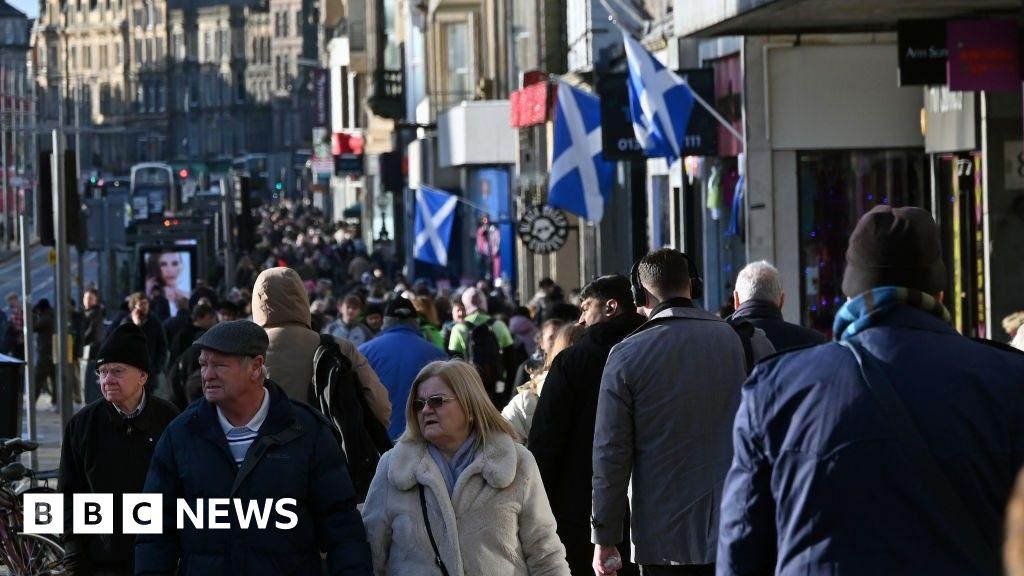Travel
Scottish Government U-turn on bus passes for asylum seekers welcomed

Published on 10 October 2024
3 minutes read
The Church of Scotland has welcomed a renewed commitment from the Scottish Government to pilot a free bus passes for asylum seekers scheme.
Cabinet Secretary for Transport Fiona Hyslop promised MSPs that the policy would be implemented before the end of this parliamentary term in 2026.
Rowan Moodie, co-ordinator of Scottish Faiths Action for Refugees (SFAR), a multi-faith partnership charity backed by the Kirk, said the onus is now on the government to “deliver the life changing policy in as timely a manner as is possible”.
The commitment was given to MSPs during a debate in the Scottish Parliament yesterday in light of a government decision in August to scrap the previously agreed pledge to introduce a nationwide free bus passes for asylum seekers pilot scheme.
A motion was brought forward by the Scottish Green Party to ensure that asylum seekers are not pushed further into hardship, making the point that public transport should be affordable, accessible and reliable for everyone.
MSPs backed the motion by 67 votes with 27 against and 20 abstentions.
Political choices
The Scottish Parliament heard that the scheme would cost about £2 million to implement.
Scotland has an estimated population of 5.4 million people and the devolved government has an annual budget of about £60 billion.
Ms Moodie said: “The Church of Scotland welcomes the Scottish Parliament’s renewed commitment to providing free bus travel for people seeking asylum.
“The onus is now on the Scottish Government to deliver this life changing policy in as timely a manner as is possible.
“Every delay can be measured in appointments missed, opportunities lost and integration postponed.
“We look forward to the day when people seeking asylum can enjoy the freedom and empowerment that free travel would bring.”
Asylum seekers are forbidden to work while waiting for their claims to be heard by the UK Home Office and those in catered accommodation forced to survive on as little as £8.50 a week.
A day ticket for bus travel can cost £5.60.
SFAR says free bus travel would help prevent isolation among people in the asylum system, allowing them to more easily attend GPs, solicitors, language lessons and volunteering projects.
Pitting one vulnerable group against another
Ms Moodie said some of the contributions made by members of the Scottish Parliament during the debate were disturbing.
“We were deeply concerned by some of the comments made in the debate, especially those that sought to pit the needs of people seeking asylum against those of vulnerable older people,” she added.
“The suggestion that people seeking asylum are in any way responsible for the cut in winter fuel payments is false and divisive.
“The Church advocates for all people experiencing poverty and we believe that the only way to achieve a future where no one in Scotland experiences destitution is by working together.”
Speaking during the debate, Ms Hyslop thanked individuals and charities that “work tirelessly” to improve the lives of people seeking asylum in Scotland.
“The support that they provide and the work that they do so that people who have experienced the asylum system can make their voices heard is hugely important,” she said.
“Although we do all that we can, the responsibility for ensuring that people seeking asylum are provided with adequate financial support lies firmly with the Home Office.
“I agree with other speakers that, in that context, access to transport has the potential to provide a marked improvement to quality of life for those seeking asylum who live in Scotland.
“Free bus travel would enable them to access essential services such as healthcare and legal advice, and it could support them in allowing them to accompany their children to school and to take part in community activities.
“The government remains absolutely committed to exploring how to extend free bus travel to all people seeking asylum before the end of the current parliamentary session, but we all know that, ultimately, we can do only what is possible with the limited tools and resources that are available to us.”










